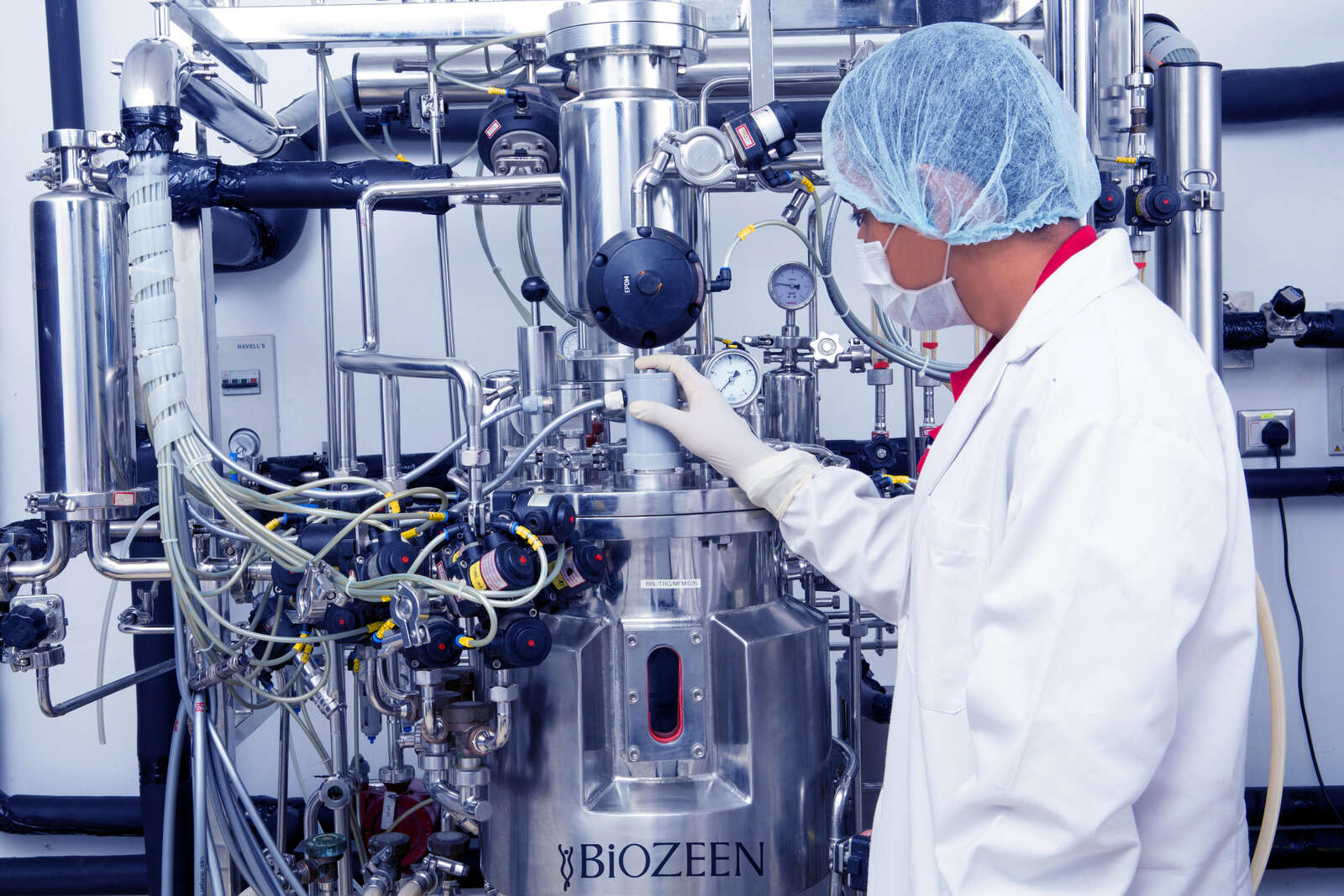
Fermentation technology is a fascinating field that has revolutionized how we produce food, beverages, and even medicines. But what exactly is it? Fermentation technology involves using microorganisms like bacteria, yeast, and fungi to convert organic compounds into simpler substances. This process not only helps in preserving food but also enhances its flavor and nutritional value. From the tangy taste of yogurt to the bubbly fizz of beer, fermentation plays a crucial role in our daily lives. Did you know that without fermentation, we wouldn't have antibiotics like penicillin? Fermentation technology is not just about making delicious treats; it's a cornerstone of modern science and industry. Ready to dive into some amazing facts about this incredible technology? Let's get started!
Key Takeaways:
- Fermentation technology uses microorganisms to make yummy foods like yogurt and bread, and even life-saving medicines like insulin and antibiotics!
- From making delicious cheese to reducing pollution, fermentation has been a part of human history and culture for thousands of years, shaping our diets and traditions.
What is Fermentation Technology?
Fermentation technology harnesses the power of microorganisms to convert organic compounds into valuable products. This process has been used for centuries in food production, medicine, and industry.
- Fermentation is a metabolic process where microorganisms like bacteria, yeast, or fungi convert sugars into alcohol, gases, or acids.
- Louis Pasteur is often credited with discovering the principles of fermentation in the 19th century.
- Ethanol production through fermentation is a key component of the biofuel industry.
- Lactic acid fermentation is used to produce yogurt, sauerkraut, and kimchi.
- Fermentation can occur in the absence of oxygen, a process known as anaerobic fermentation.
Applications in Food and Beverage Industry
Fermentation technology has revolutionized the food and beverage industry, creating a variety of products that are staples in many diets.
- Bread rises due to the carbon dioxide produced by yeast during fermentation.
- Beer and wine are produced through the fermentation of grains and grapes, respectively.
- Cheese production involves the fermentation of milk by specific bacteria.
- Soy sauce is made by fermenting soybeans with mold, yeast, and bacteria.
- Kombucha, a fermented tea, has gained popularity for its potential health benefits.
Medical and Pharmaceutical Uses
Fermentation technology plays a crucial role in the development of medicines and pharmaceuticals, offering innovative solutions for health issues.
- Antibiotics like penicillin are produced using fermentation processes.
- Insulin for diabetes treatment is often produced through recombinant DNA technology involving fermentation.
- Vaccines can be developed using fermentation to grow the necessary microorganisms.
- Probiotics, beneficial bacteria for gut health, are created through fermentation.
- Statins, drugs used to lower cholesterol, are produced by fermenting certain fungi.
Environmental and Industrial Benefits
Fermentation technology also offers environmental and industrial advantages, contributing to sustainability and efficiency.
- Biogas production through anaerobic fermentation helps manage waste and produce renewable energy.
- Biodegradable plastics can be made from fermented plant materials.
- Fermentation can help in bioremediation, breaking down pollutants in the environment.
- Industrial enzymes, used in detergents and biofuels, are often produced through fermentation.
- Fermentation processes can reduce the need for chemical preservatives in food products.
Historical and Cultural Significance
Fermentation has deep historical roots and cultural significance, shaping culinary traditions and practices around the world.
- Ancient civilizations like the Egyptians and Sumerians used fermentation to brew beer.
- Traditional Japanese cuisine includes fermented foods like miso and natto.
- Fermented foods have been a part of human diets for thousands of years, providing essential nutrients and preserving food.
- Cultural rituals and celebrations often feature fermented beverages like wine and beer.
- Fermentation has been used in traditional medicine practices for its health benefits.
Fermentation Technology's Impact
Fermentation technology has revolutionized food production, medicine, and even biofuels. From creating delicious yogurt and cheese to producing life-saving antibiotics, its applications are vast. This ancient process, harnessed by modern science, continues to shape industries and improve lives.
Understanding the basics of fermentation helps appreciate its role in everyday products. Whether it's the tangy taste of sauerkraut or the fizz in kombucha, fermentation is behind many favorites. Its environmental benefits, like reducing waste and creating sustainable energy, make it even more significant today.
As technology advances, so will the methods and applications of fermentation. Staying informed about these developments can offer insights into future innovations. Embrace the fascinating world of fermentation technology and its ongoing contributions to society.
Frequently Asked Questions
Was this page helpful?
Our commitment to delivering trustworthy and engaging content is at the heart of what we do. Each fact on our site is contributed by real users like you, bringing a wealth of diverse insights and information. To ensure the highest standards of accuracy and reliability, our dedicated editors meticulously review each submission. This process guarantees that the facts we share are not only fascinating but also credible. Trust in our commitment to quality and authenticity as you explore and learn with us.
